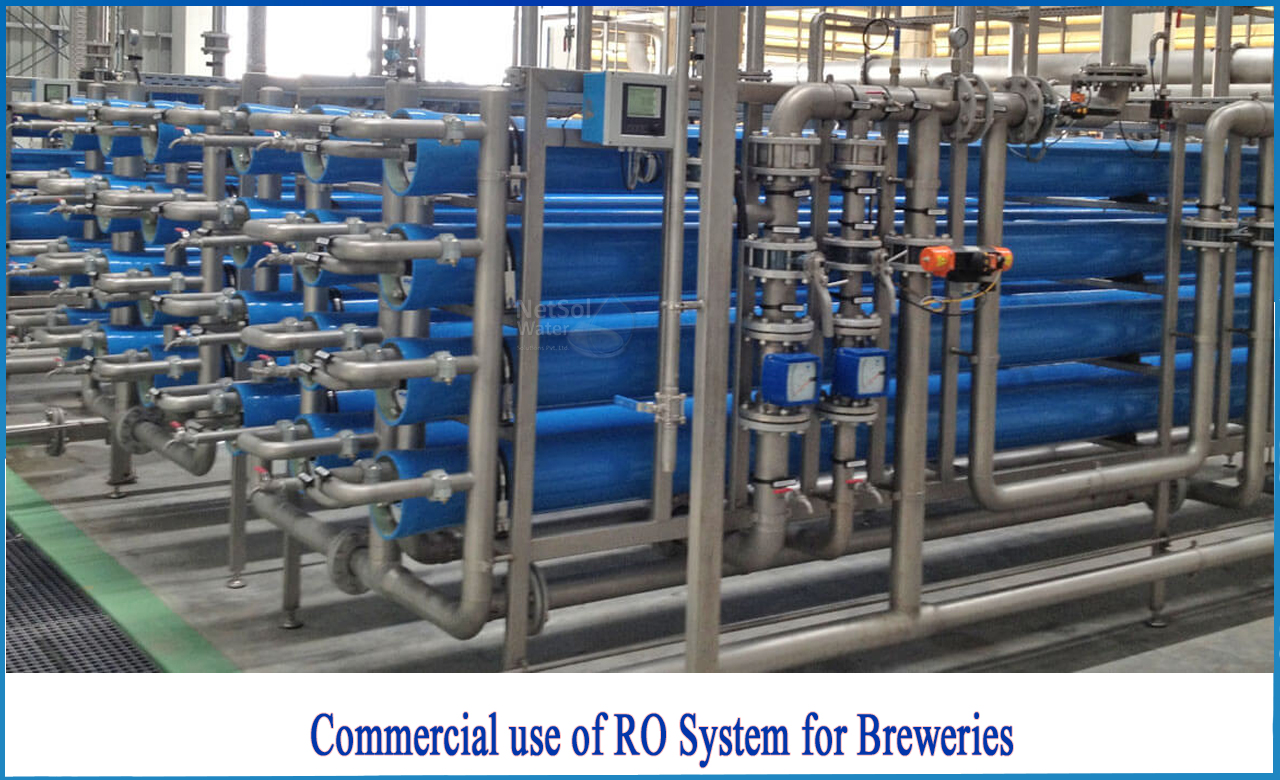What is Commercial use of RO system for breweries?
People are drawn to handmade beer because of its quality, which are achieved via a unique and delicate customizing by the brewer. This distinguishes artisan beer from commercial beer significantly. Even if the greatest quality goes up in price, it might still be out of stock in a flash. In the case of beer, this is the level of quality that customers are prepared to pay for.
A good beer's quality is determined by two factors:
1: The beer's suitability in terms of the customer's expectations;
2: There are no flaws in the beer's appearance, flavor, or odour.
However, many people overlook the fact that beer is largely made up of water.However, what qualities and features does a brewer want in water?
The solution isn't difficult, yet overlooking even a minor detail may turn your brew from excellent to terrible. The best water quality is not a generic word; it varies depending on the sort of beer you wish to make. The pH level of beer is affected by the water used in the brewing process, which has an impact on the flavor. Water is crucial in determining the sulfate-to-chloride ratio, because an incorrect ratio might result in off odours from chlorine or pollutants in the water.
What is a decent source of brewing water?
The qualities required of brewing water are actually pretty basic and straightforward to achieve. Basically, the water used to make craft beer should be devoid of odours like chlorine and pond aromas. The brewing water used to conduct the beer mash and wort should be hard and low in alkalinity in general. However, this isn't the sole need, as it varies based on the style of beer you're creating and the mineral content of the water.
Surface water from lakes, rivers, and streams, as well as ground water from subterranean aquifers, are the two major sources of water used in brewing.
Although the surface is low in minerals, it contains a significant amount of organic matter, such as leaves and algae, which must be filtered and disinfected using chlorine treatment. The amount of dissolved minerals in ground water is high, while the organic value is low.
You can make a good beer with any type of clean water, but superb beer can only be brewed when the water is adjusted and filtered to perfection. As a result, the majority of handmade beer is brewed using mountain spring water, which is the purest water accessible for brewing.
RO Plants for brewing beer
Even though there are many water filters in the market that produce excellent quality filtered water, but we will talk about Reverse Osmosis for commercial brewing:
Reverse Osmosis Filters for Commercial Use
Commercial RO filters would work perfectly if you wish to expand into the commercial sphere of beer manufacturing while maintaining your formula and quality. They are speedier, take less time, and offer more storage space in case of an emergency. Commercial RO Plants have a low energy consumption level, which allows them to save money.
Technical assistance and guidance
Netsol Water collaborate with a wide range of international organizations to tackle complicated RO problems by strategically integrating modern treatment technology with practical solutions.
If you need technical help and guidance, or simply have a query regarding our water and wastewater treatment technology solutions, contact one of our expert advisers via phone at +919650608473 or contact via email at enquiry@netsolwater.com



